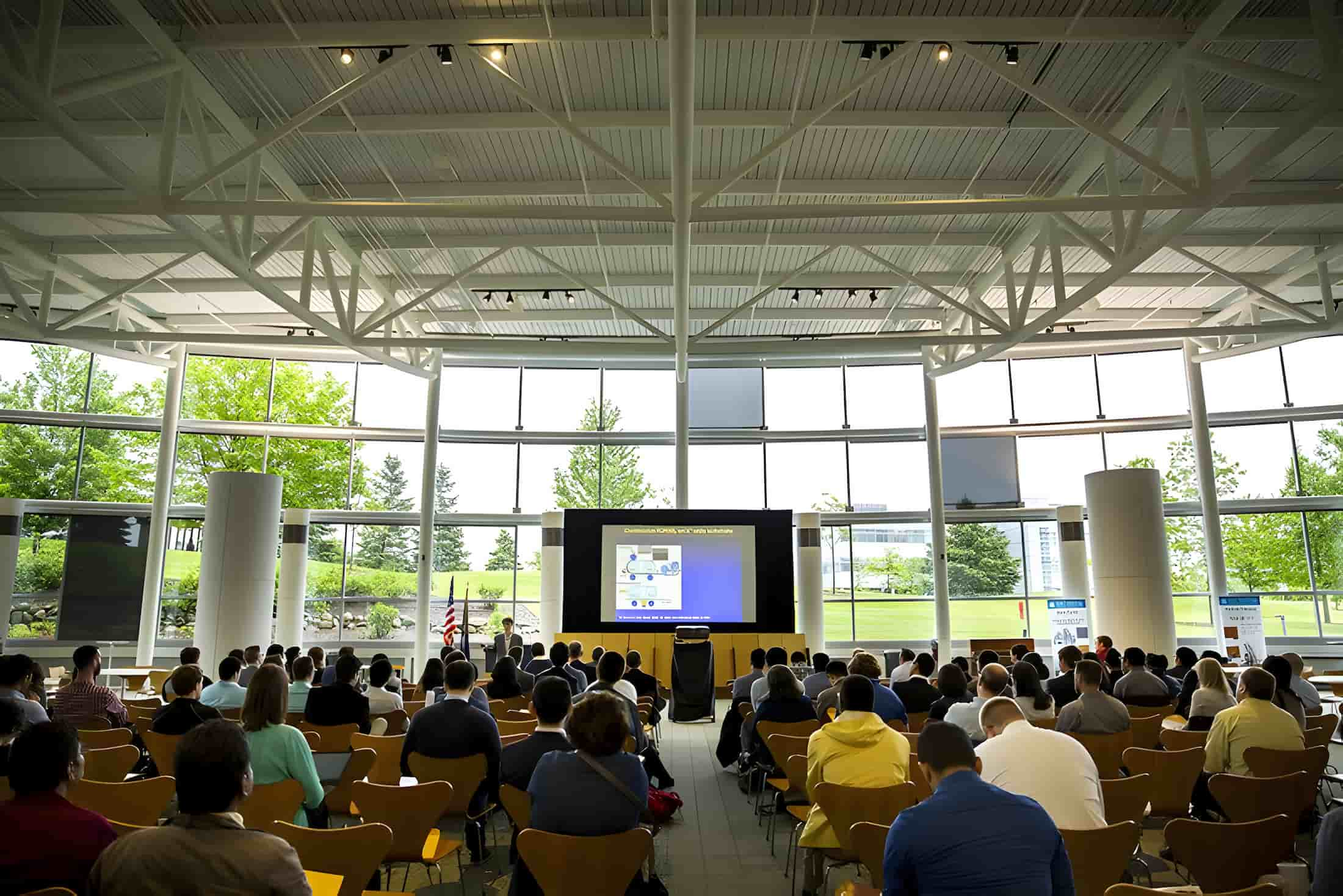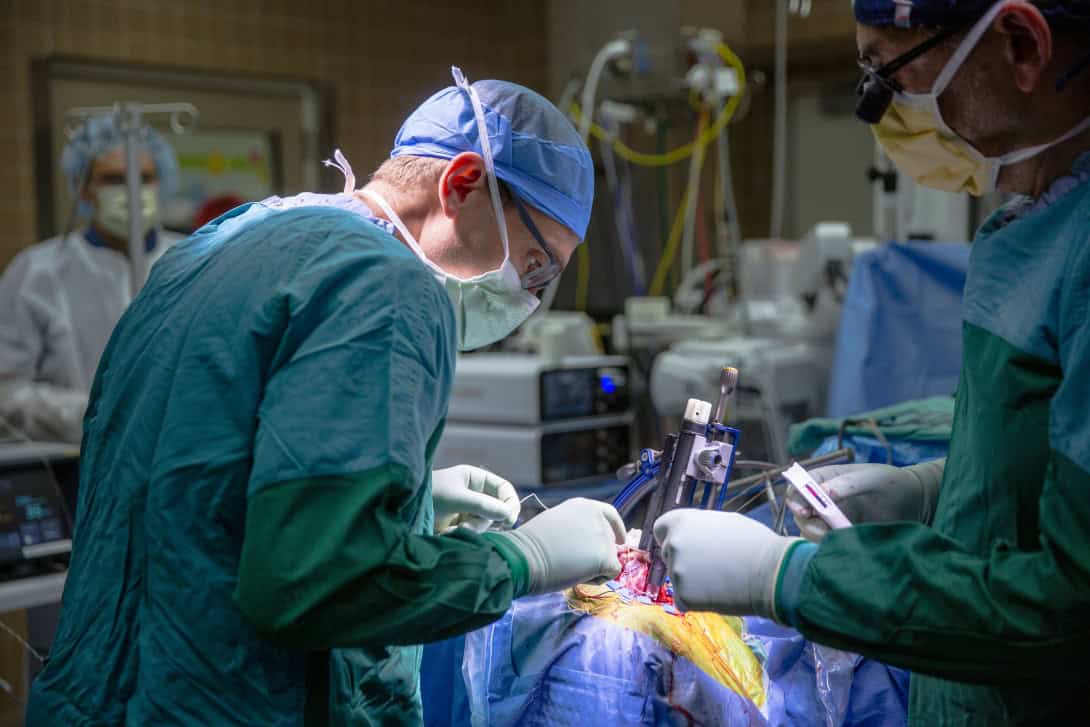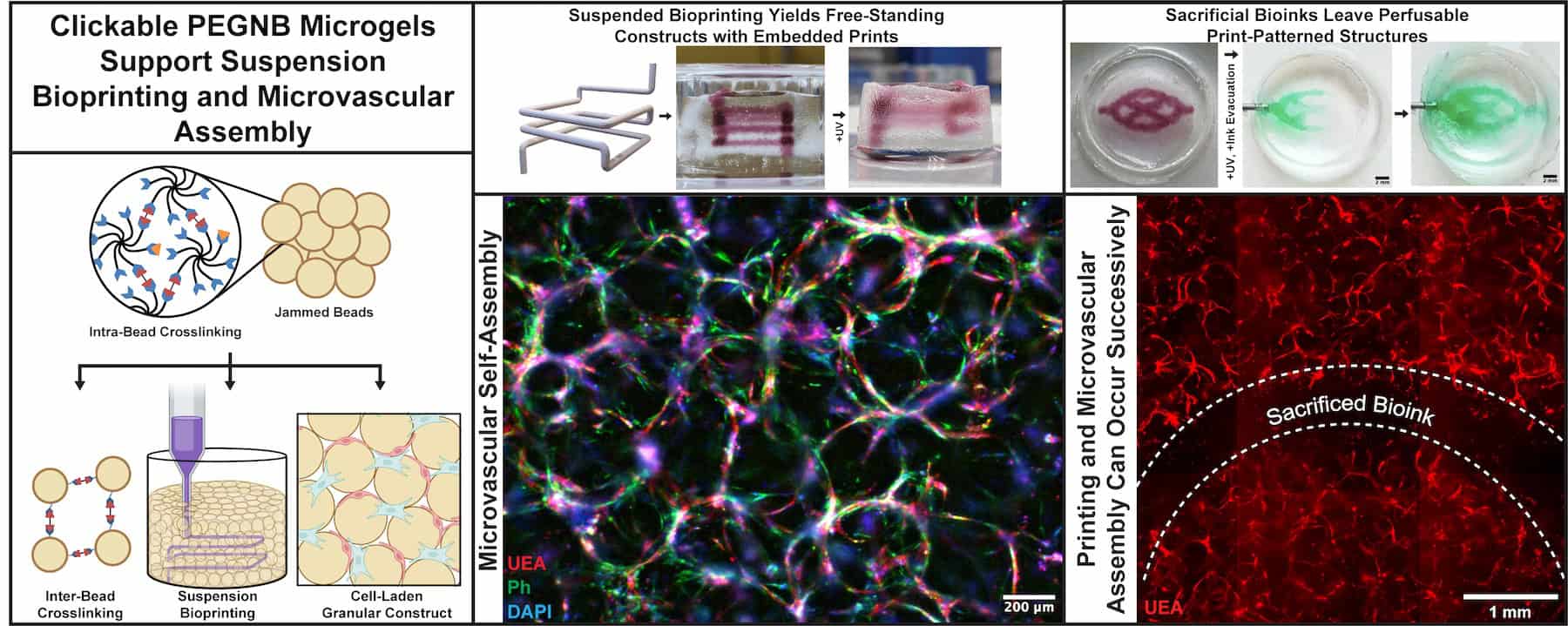
News & Events
Read about BME’s Latest Activities
-
BME to Participate in Michigan Engineering EMERGE Event
The EMERGE application deadline has been extended until July 29, 2025.
-

U-M multidisciplinary team leads first in-human recording with wireless brain-computer interface
This brain-computer interface (BCI), which is about the size of a penny and contains 421 microelectrodes, each thinner than a human hair, recorded signals from the participant’s brain.
-

Investigating the Oral Microbiome to Gain Greater Understanding of Oral Health
This research focuses on the complex interplay between oral bacteria and host tissues, paving the way for potential therapeutic strategies against oral and systemic diseases.
-

BME Ph.D. Student Receives FIMH Conference Award
The award recognized Ph.D. students and postdoctoral researchers.
Recent Posts
-
BME Ph.D. Student Wins Fundamental Science Award in Recent 3-Minute Thesis Event
-
Building Community Around Cystic Fibrosis Research at U-M
-
Improving BME Student Services With a Focus on Holistic Student Support
-
The Michigan Biomedical Venture Fund Nurtures Medical Technology Startups
-
BME Summer Workshops @ Michigan Presents July 23-24 Event on ‘The Future of Neurotechnology’
-
BME Summer Workshops @ Michigan Presents July 23-24 Event on ‘The Future of Neurotechnology’
In the News
Detroit news
march 26
A Paralyzed Man Few a Drone with His Mine: Said BME and University of Michigan Robotics Department professor, Cindy Chestek, Ph.D.: “”We finally have the ability to interact with the brain at the level of neurons,” Chestek said, “and we think that’s going to apply to a lot of things we haven’t even thought about yet.”
MLive
November 30
MLive profiled University of Michigan scientists who are developing implantable devices designed to make it simpler to diagnose diseases such as cancer or multiple sclerosis.
Wired
October 25
BME’s Jim Weiland was recently quoted on the results of a Neuralink trial to restore vision. “It’s a step forward for retinal prostheses, for sure. But there are some details we don’t know that could tell us how big of a step it is,” Weiland says. “And one of those details is whether the patients were using a magnified image when they recognized these letters.”
Bloomberg News
MAY 22
BME’s Ariella Shikanov’s recent paper with co-PI Jun Li detailing the mapping of the human ovary at the resolution of a single cell was recently featured.
CBS NEWS DETROIT
FEBRUARY 1
BME’s Cindy Chestek discussed the pros and cons of neural implants with regard to the recent announcement of Elon Musk’s Neuralink trials using the first human implant.
Events
BME SUMMER WORKSHOPS @ MICHIGAN
“The Future of Neurotechnology”
Wednesday, July 23
10:00 a.m.-7:00 p.m.
Thursday, July 24
8:30 a.m.-3:30 p.m.


